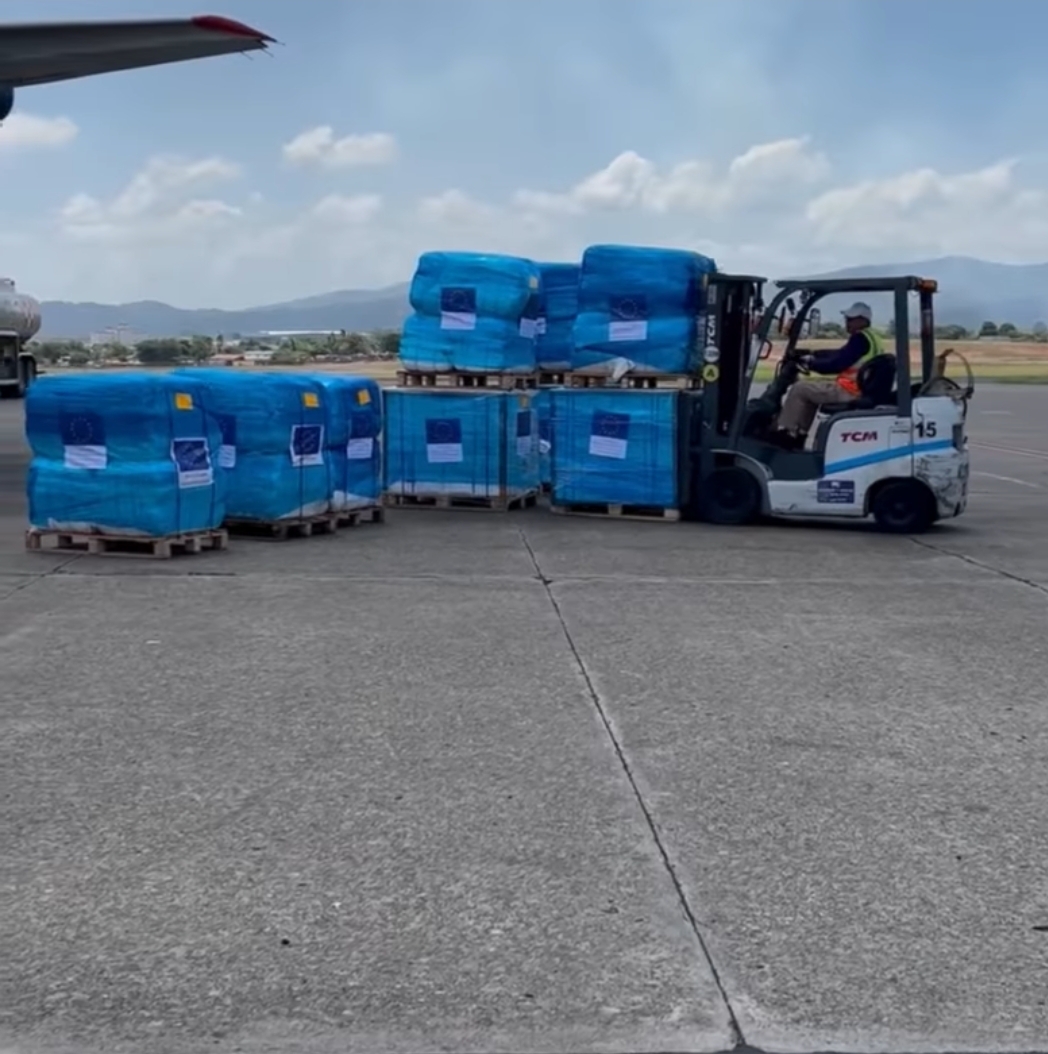#Kingston, December 23, 2022 – As Christmas holiday activities heighten, the police are urging business operators and citizens to be vigilant and adapt safe practices when conducting business and traversing public spaces.
The advice comes from Head of the Jamaica Constabulary Force’s (JCF) Corporate Communications Unit (CCU), Senior Superintendent of Police (SSP) Stephanie Lindsay.
“We do have teams out there to treat with and prevent instances of robbery. But at the same time, we don’t have sufficient police officers to prevent every single incident that may happen,” she told JIS News.
Superintendent Lindsay, therefore, urges business operators to make sound decisions in how they manage their cash, particularly during the busy Christmas shopping period.
She also encourages persons transporting large sums of money to utilise cash escort services offered by private security companies, pointing out that these should be deposited at financial institutions.
“Don’t keep it at the establishment. Some of the robberies are supported by internal staff members and other persons who are part of their day to day operations. So it is very important that they try to get as much of the cash into the banking system as they can, and [give careful consideration to] even how they move the cash to these banking institutions,” the senior officer said.
“We want them to be very wise in who is transporting [the cash] and, of course, you can always call on your local police to support you in that regard. Help us to help you by shoring up your security,” she emphasised.
SSP Lindsay also encouraged business operators to engage reputable firms to assist in boosting security at their establishments.
“We encourage them, even for the season, to employ credible security guards to support what they have on their location. Make sure they are properly registered and regulated by the appropriate authorities,” she said.
Meanwhile, SSP Lindsay urges Jamaicans to be alert and ensure their valuable personal possessions, such as cash or electronic devices, are properly secured or concealed.
She further advises them to avoid wearing excessive jewellery, especially when walking in areas with high pedestrian traffic.
The senior officer also reminds persons to ensure that their house and car keys are easily accessible to minimise the time taken to enter homes and vehicles, and not to leave valuable items on motor vehicle seats or areas within the vehicle that make them visible to passers-by.
SSP Lindsay also urges persons using Automated Teller Machines (ATMs) to be vigilant, protect their debit/credit card information and avoid using ATMs in secluded areas.
“The criminals… have already activated their criminal network; they are strategic. So we have to be very mindful of that as well,” she said.
Persons are also encouraged to be aware of their surroundings. walk in well-lit areas and avoid walking alone.
If you think you are being followed, trust your instincts and proceed to a crowded area, maintain your vigilance and go to the nearest police station if possible.
Additionally, SSP Lindsay informed that persons should secure their properties, especially if they won’t be home for the period, or inform a trusted neighbour or relative.
“We encourage you not to leave things of value in your yard space, because it tends to encourage people just to come to steal that one thing that you leave there. They will [also] come into your yard and test your security; and they may just see an opportunity to take more,” she said.
SSP Lindsay assured that members of the security force will continue to maintain a strong presence islandwide to minimise attacks from criminals.
Contact: Chris Patterson
Release: JIS
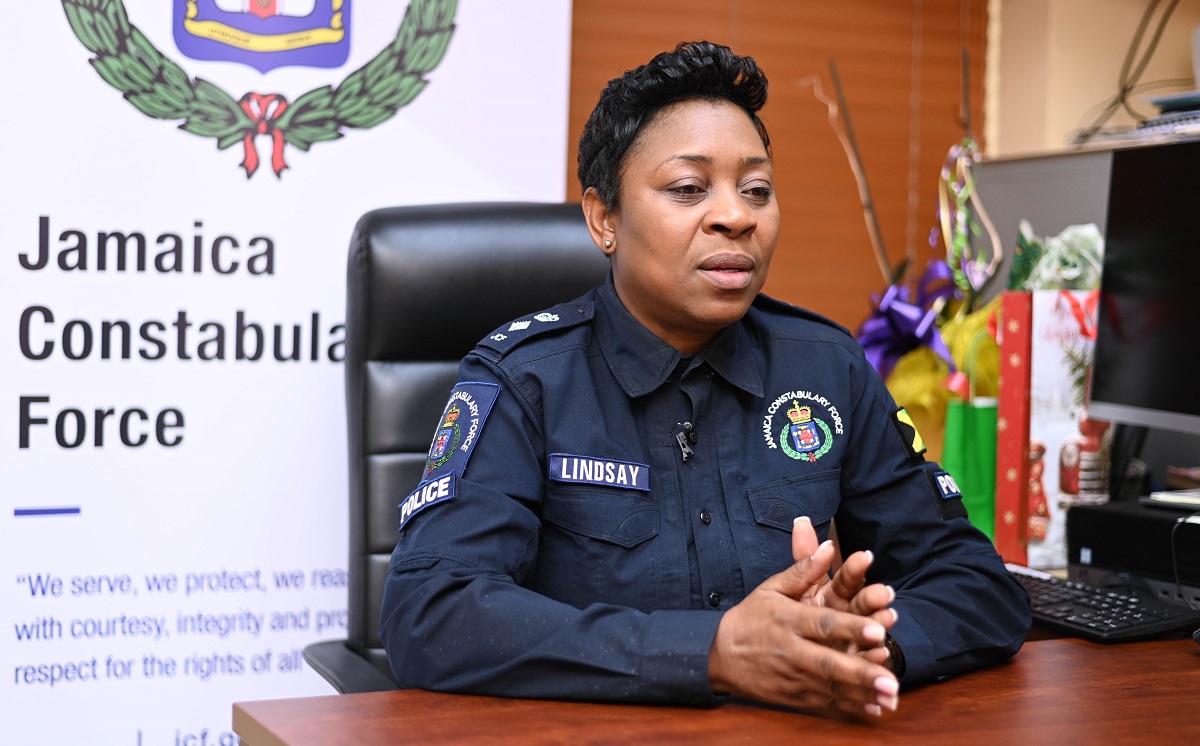

 TCI News1 week ago
TCI News1 week ago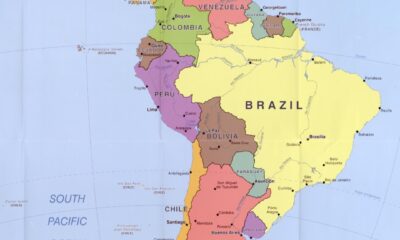
 Latin America and Caribbean5 days ago
Latin America and Caribbean5 days ago
 Caribbean News1 week ago
Caribbean News1 week ago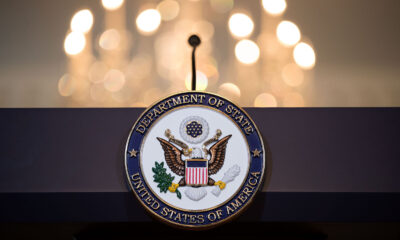
 Crime6 days ago
Crime6 days ago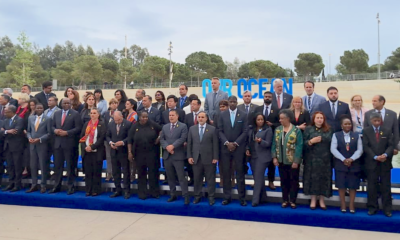
 Bahamas News5 days ago
Bahamas News5 days ago
 Caribbean News1 week ago
Caribbean News1 week ago
 Bahamas News4 days ago
Bahamas News4 days ago
 Caribbean News6 days ago
Caribbean News6 days ago

